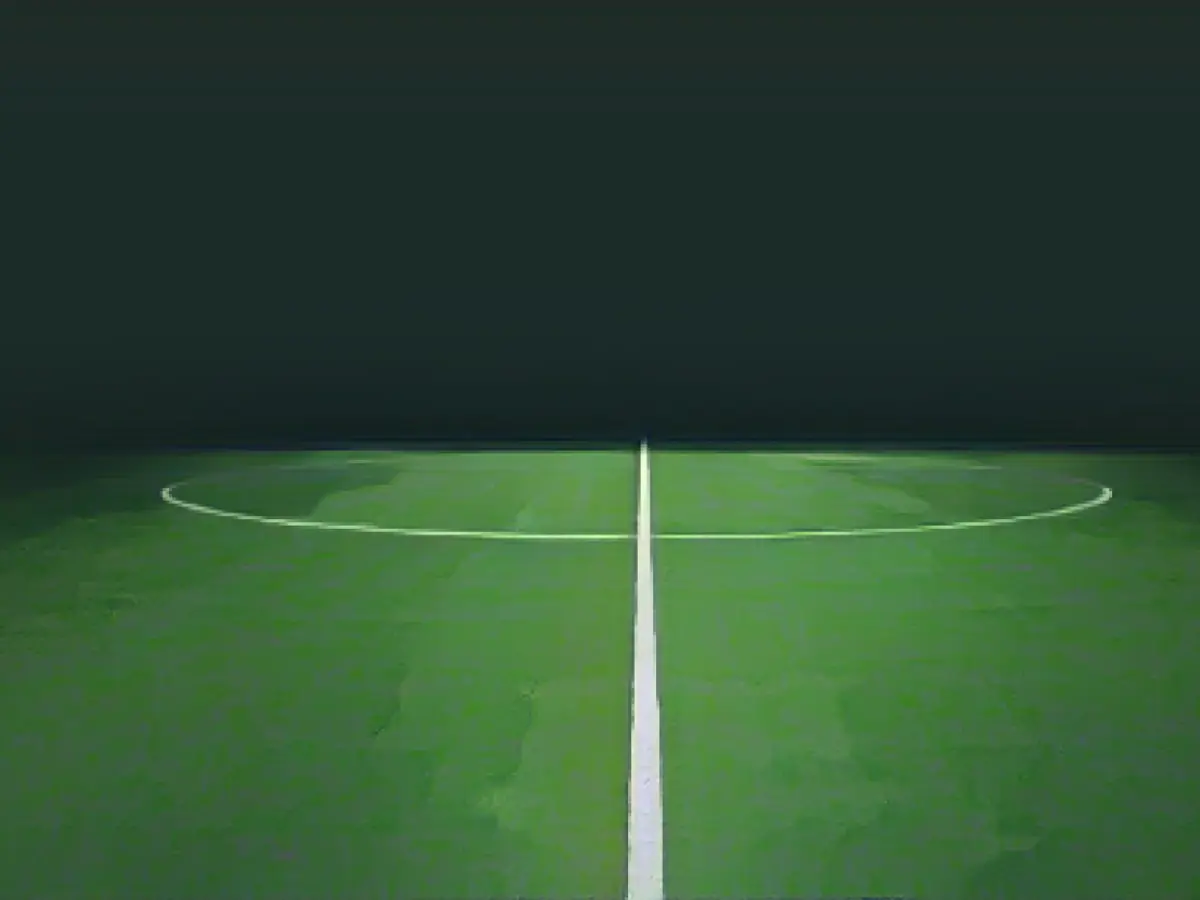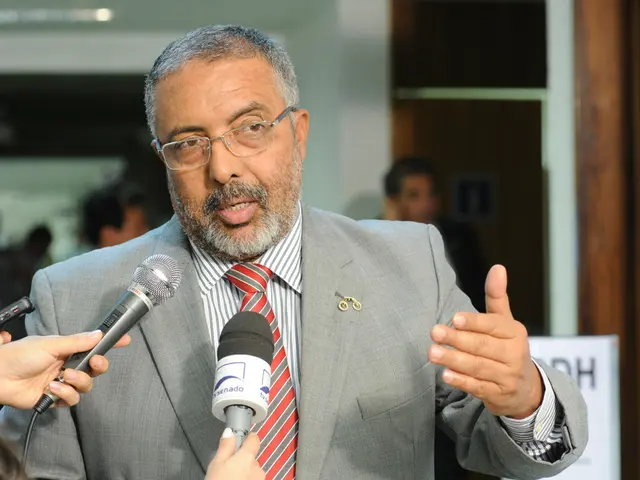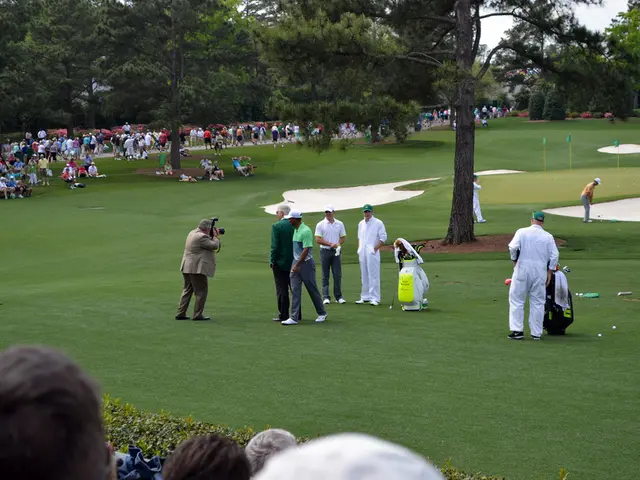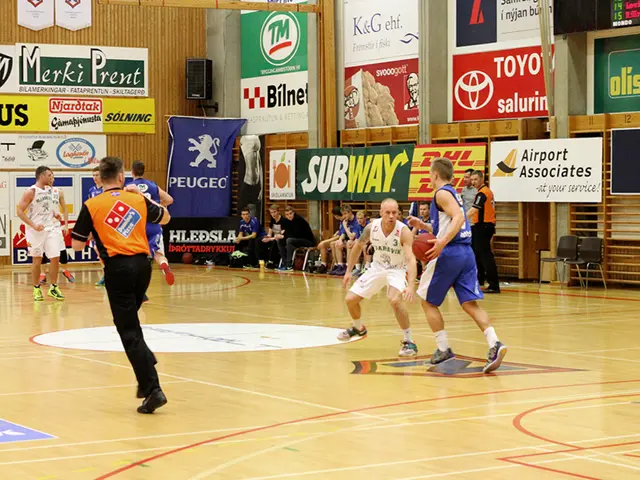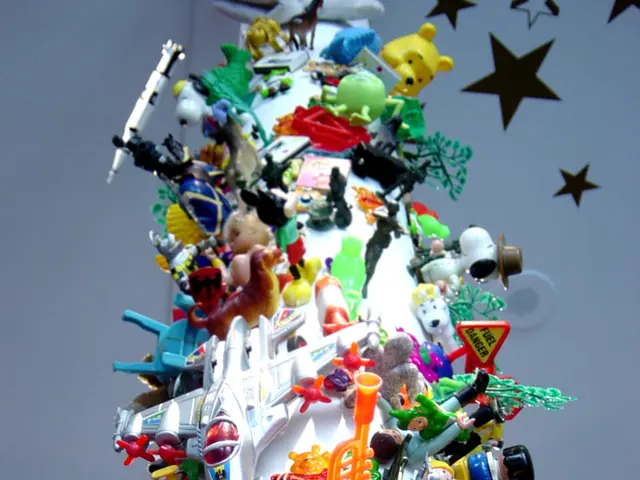Manchester United and big clubs tackle sexual abuse allegations that extend beyond the realm of sports
Lindsay Sarah Krasnoff
Greenwood, Manchester United's striker, enjoyed a glamorous past as the rising star of the team, until his arrest on Sunday. He has yet to respond to the accusations. Manchester United acted swiftly, banning Greenwood from participating in training or games until further notice. To their credit, Nike ended its relationship with Greenwood, and EA Sports removed him from FIFA 22.
The sports world often turns a blind eye to misconduct when it involves its top stars.
Raith Rovers, a Scottish club, admitted on Thursday that hiring David Goodwillie was an error. In 2017, Goodwillie was found guilty in a civil case of raping a woman with an ex-teammate. Goodwillie expressed shock at being found guilty by a high-ranking judge.
The announcement ignited outrage. Rape Crisis Scotland stated, "Footballers are role models, especially for young people, and it's unacceptable that someone in this position could be allowed if they were found guilty of rape by a high-ranking judge." Days later, the Scottish club appeared to have reversed its decision, issuing a statement that they had not fully considered the implications their decision would have on the community.
There are numerous examples where financial considerations appear to have influenced how alleged offenders are handled. When accusations were levied against Cristiano Ronaldo in September 2018 for allegedly raping a woman and paying her hush money to stay silent, there was silence. Ronaldo insisted the encounter was consensual.
Nike, which signed a lifetime contract with the soccer icon in 2016, contributing significantly to Nike Soccer's annual revenue of $2 billion, expressed concern over the allegations. EA Sports also expressed concern, but neither took concrete action, not even temporarily. Despite Ronaldo being left out of the national team in October 2018, Portugal and his club Juventus continued their partnership.
This is not just a problem for European football. Across the Atlantic, the US sports world has long taken a different approach when US athletes or coaches face similar accusations.
Several lawsuits against NFL quarterback Deshaun Watson of the Houston Texans were announced, with the FBI investigating allegations of sexual assault. Watson's lawyers stated the lawsuits contained "multiple false allegations."
Elsewhere, the NHL failed to address a 2010 report on sexual abuse within the league, as not to jeopardize their playoff bid. Over a decade later, the NHL fined the Blackhawks $2 million for mishandling the incident, which critics deemed "trivial."
Several male coaches in the National Women's Soccer League (NWSL) continued their careers despite allegations of sexual misconduct, until the pattern was exposed last year. However, the head coach of the North Carolina Courage was fired, and the league commissioner resigned.
Yet, signs of change are emerging in how high-profile sexual misconduct accusations are handled. The Women's Tennis Association (WTA) called off all tournaments in China following Tennis star Peng Shuai accusing a high-ranking Chinese government official of sexual assault and withdrawing from public life.
However, these efforts are not enough.
Global powerhouses like Manchester United, which increasingly engage in various forms of sports diplomacy, must realize that their actions and those who represent them have just as much impact off-field as on.
Sports diplomacy is a relatively new term for an old practice, which refers to the intersection between diplomatic practices – communication, representation, and negotiation – and the realm of sports. Sports diplomacy can be performed by both national states or government representatives and non-state sports actors daily.
Manchester United plays a significant role in the evolving relationship between sport and international affairs. As J. Simon Rofe, who teaches diplomacy at the School of Oriental and African Studies (SOAS) at the University of London, observed in a 2014 study, Manchester United is the ambassador of the Premier League in the Champions League, acting as the United Kingdom's international economic representative.
Considering United, it's not just about its 144-year-old legacy, its values, and its heritage. It also represents the Manchester community, English football, and the entire United Kingdom. It is part of an internationally diverse team with players from around the world. Therefore, a club like Manchester United must take into account the message it sends into the world through its handling of players and their treatment. It must understand how such behavior can be presented to various audiences and how it can influence the global perception of the club, the Premier League, and the UK's soft power worldwide.
In summary, the lack of consequences for stars accused of crimes undermines a club like Manchester United (and victims as well). Greenwood's case is particularly damaging as he grew up in Manchester United's academy and has been connected to the team since the age of 7.
Greenwood being spared punishment sends a message that his culture values stars and the substantial financial investment to come over justice or fair treatment. This contradicts Manchester United's principle: "... Size is not just a word; it's a spirit. It's a way of life. It's about doing more, inspiring legacy, going toe-to-toe with giants and winning awards."
In an era where the role of sport in international affairs grows increasingly important and soft power's influence and esteem on a global scale strengthens, it's more crucial than ever for professionals and athletes to grasp their evolving roles. While Manchester United serves as an official global ambassador, former "giants" like Park Ji-sung help the club better represent themselves at various international events. Reality now shows that all its players, regardless of their status, serve as unofficial ambassadors. This is part of the business for leading global organizations.
Clubs and their sponsors must hold players accountable when accusations of a crime are brought against them. They can no longer be swayed by financial considerations or operate in silence, hoping the issue will fade away. Not just the reputation of an organization is at risk, but their ability to play an active and productive role as an informal sports diplomat worldwide.
Enrichment Data:
Major sports clubs address sexual abuse allegations through internal investigations, policy changes, and external oversight. Here’s a breakdown of how they typically handle such allegations and the impact on their sponsorships and reputation:
Handling Sexual Abuse Allegations
- Internal Investigations
- NWSL Example: The National Women's Soccer League (NWSL) confronted allegations of harassment and sexual misconduct by coaches and officials. In response, the league took part in a joint investigation with attorneys general from New York, Illinois, and Washington D.C. This investigation revealed a toxic culture and led to the creation of a $5 million fund to compensate players and implement reforms, including rigorous vetting of prospective coaches and training on preventing sexual misconduct[1].
- Policy Changes
- NWSL Reforms: The NWSL was required to make league-wide policy changes to improve player safety. This includes background checks for coaches and training for players and staff on preventing sexual misconduct. Failure to comply with these terms could result in $2 million in penalties[1].
- External Oversight
- Legal Avenues: In Victoria, Australia, sporting institutions have a legal and moral obligation to protect individuals under their care. This includes creating a safe environment, implementing robust policies, and taking swift action when allegations arise. Survivors can seek compensation through the National Redress Scheme, which provides a maximum compensation of $150,000[3].
Impact on Sponsorships and Reputation
- Reputation Damage
- NWSL Impact: The NWSL suffered significant reputational damage due to the allegations of abuse. The initial handling of the situation, including the dismissal of head coach Richie Burke with a misleading statement about health concerns, contributed to ongoing concerns about transparency within the league[1].
- Sponsorship Impact
- General Impact: Sexual abuse allegations can severely impact a sports club's reputation, potentially leading to the loss of sponsorships. The public scrutiny and negative media coverage can make it challenging for clubs to maintain sponsorships and attract new ones. For instance, the NWSL's settlement and reforms were partly aimed at restoring trust and ensuring player safety, which is crucial for maintaining sponsorships and public support[1].
- Public Scrutiny and Support
- Manchester City Example: When Manchester City's Khadija Shaw faced racist and misogynistic abuse, the club released a statement condemning the abuse and expressing support for her. This public stance helped maintain the club's reputation and showed a commitment to addressing such incidents[4].
- Legal Reforms and Support
- Government Legislation: New legislation in Australia aims to support victims of child sexual abuse by removing the time limit for claims. This change in law provides more opportunities for survivors to seek justice, potentially affecting how sports clubs handle allegations and their liability in such cases[5].
By handling sexual abuse allegations comprehensively, sports clubs can preserve their reputation and sponsorships. Taking swift action and demonstrating a commitment to addressing such incidents can mitigate the damage caused by negative media coverage and negative public sentiment.
